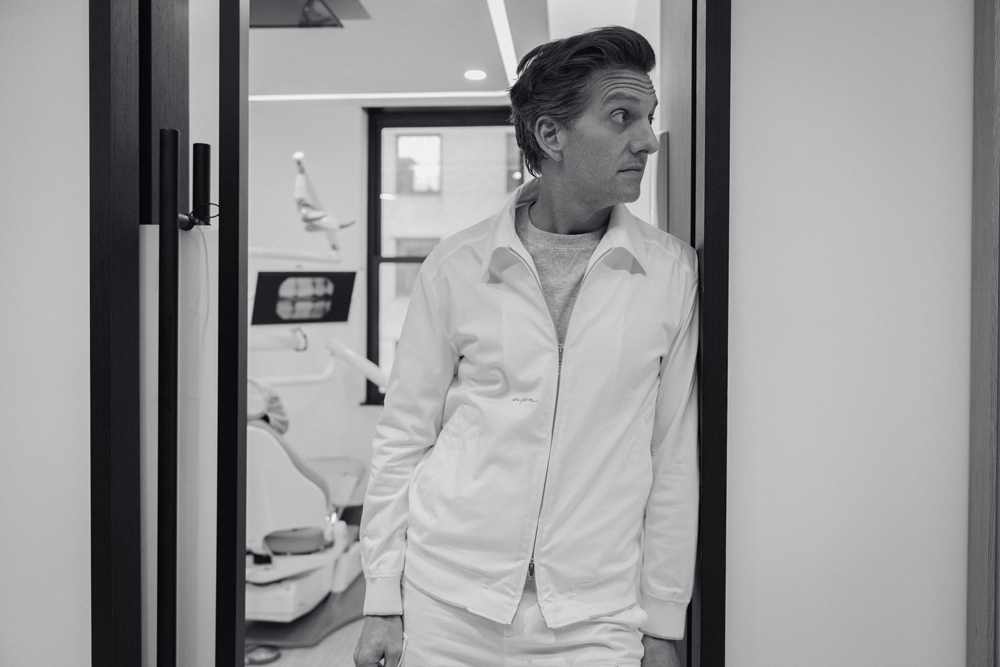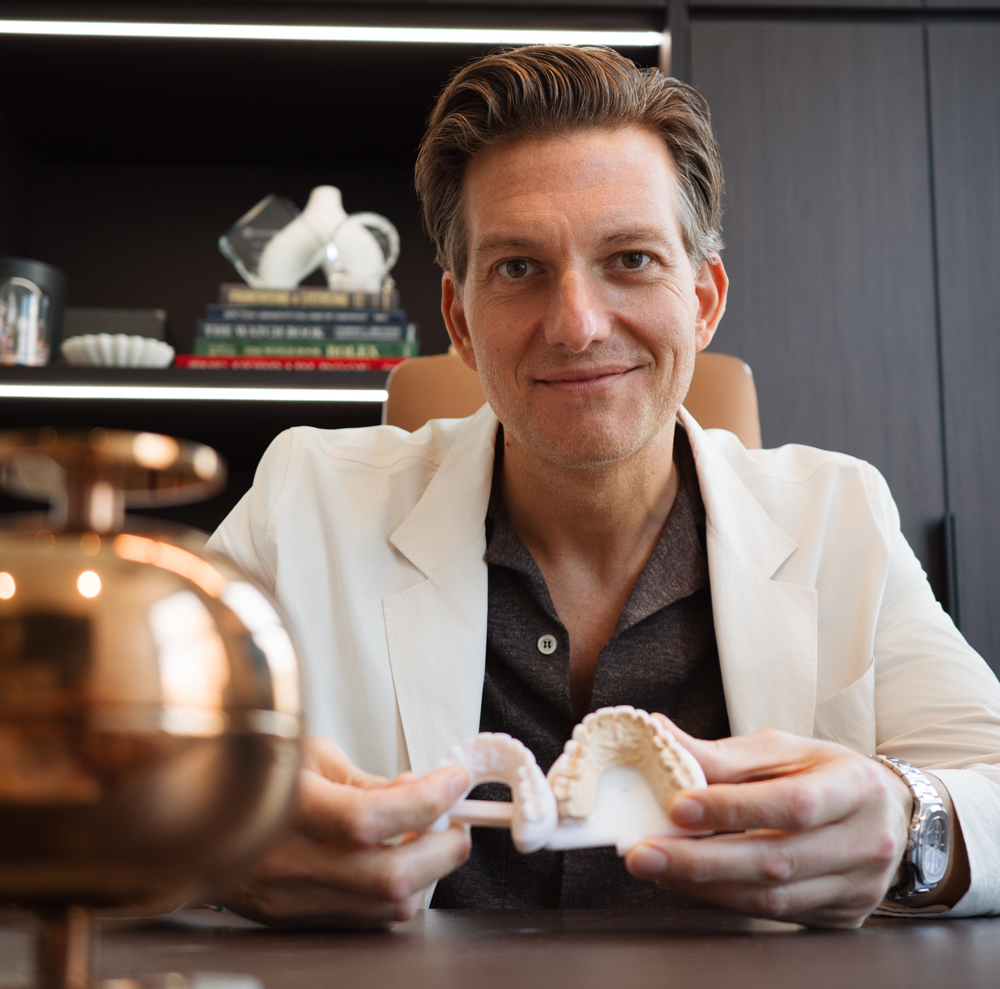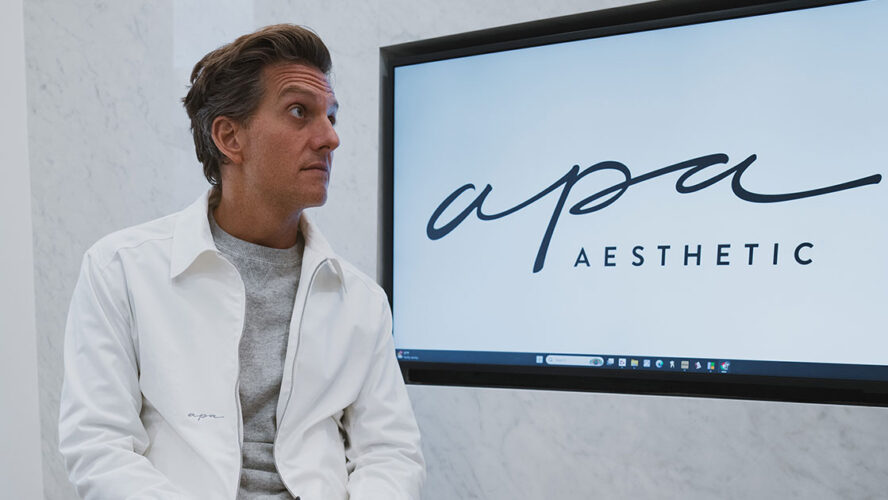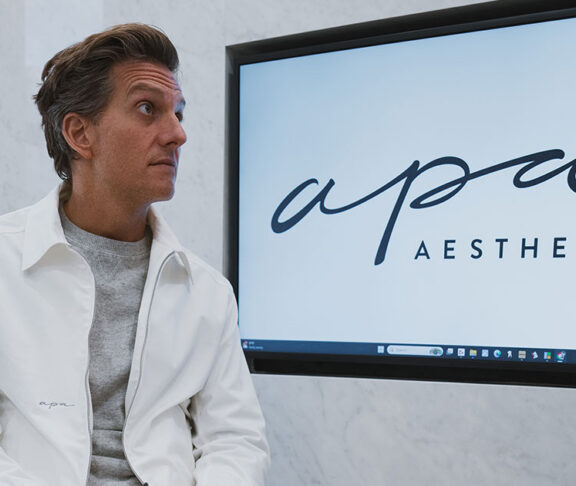Aesthetic dentist Dr. Michael Apa shares how a healthy smile isn’t just cosmetic; it can transform confidence, mental health, and overall well-being in lasting, life-changing ways.
Can you share how oral health goes beyond aesthetics and impacts overall well-being?
Oral health is deeply tied to how people see themselves and how they let themselves be seen. When someone loves their smile, everything changes. There is an emotional and psychological shift that happens. They stop hiding mentally and physically; they engage more; they laugh freely. It’s not about straight teeth or the right color; it’s about identity, self-worth, and confidence. Patients tell me they feel like a new person after treatment, but the truth is that they’re finally seeing the version of themselves they were always meant to be. That kind of transformation goes far beyond oral health. I like to say, “It’s not about the teeth; it’s about the life the teeth inspire you to live.”
Of course, inflammation, bacteria, gum disease, they’re not just cosmetic concerns; they’re systemic issues that can affect your heart, your immune system, and your longevity. There is a relationship between a beautiful smile, a healthy mouth, and overall well-being.

What are some of the most common misconceptions you hear about dental health, especially when it comes to preventive care?
People think if nothing hurts, nothing’s wrong. By the time something hurts or breaks, you’ve already lost options. Dentistry should be proactive, not reactive. Preventive care isn’t just about cleanings; it’s about preserving bone and gum health, spotting issues early, and ensuring proper function.
Another myth? That brushing and whitening are enough. You can’t out-whiten decay or bone loss. Real dental health is layered — biology, mechanics, and aesthetics all working together. That’s what people miss when they focus on the surface and wait for pain.
From your global perspective, how do access and awareness around oral care differ across communities, and what more can be done?
In some places, aesthetic dentistry is the norm. In others, basic access to clean water or a toothbrush isn’t guaranteed. Education is the first step. People need to know that oral care isn’t a luxury; it’s foundational. From there, it’s about building systems and partnerships that bring quality care to underserved areas. The more we normalize oral health as part of healthcare, the faster we’ll close that gap. I am so proud of the work we’re doing with CUNY School of Public Health and NYU College of Dentistry — two steps in the right direction.
In your opinion, what role does oral health play in confidence, mental health, and how someone shows up in the world?
Your smile is an introduction that sets a tone and sends a message. It’s a part of how people perceive you and how you feel about yourself. When someone is proud of their smile, it’s an energy. I’ve had patients cry in the chair after a smile makeover because they finally identify with the person in the mirror. The psychological shift is real, and it’s powerful.
You work with many high-performing individuals. How do you see oral health intersecting with performance, whether professionally or personally?
When it comes to performing — on stage, in a boardroom, or on camera — confidence and clarity are non-negotiable. If you’re self-conscious about your smile or dealing with pain, that becomes a distraction. It’s not just about looking the part; it’s about aligning the inside and the outside so you can share your best with the world.

What simple habits do you recommend that people adopt today to preserve their oral health long-term?
Stick to the basics and be consistent: brush twice a day, floss once, and see your dentist 3-4 times a year. Don’t ignore warning signs; if something feels off, get it checked. Avoid the trend of skipping real cleanings for at-home whitening “solutions.” You can’t build on a weak foundation. Proper maintenance is everything.
What’s one patient story that really stayed with you and reminded you why oral health matters so much?
A woman came in after avoiding the dentist for years. She had terrible anxiety from too many bad experiences, failing bridges, and severely damaged teeth. She told me she hated going to the dentist, but over the course of her treatment, her attitude and perspective started to change. We rebuilt her smile, and with it came this massive emotional release. She started smiling again, speaking differently, carrying herself like a whole new person.
One night, out of the blue, she called me. She told me she was doing estate planning and wanted to leave behind 10 smile makeovers — no publicity, no conditions. A smile makeover is not just about aesthetics; it’s about transformation, and sometimes, it’s about healing someone so deeply that they’re inspired to pass the feeling on.

